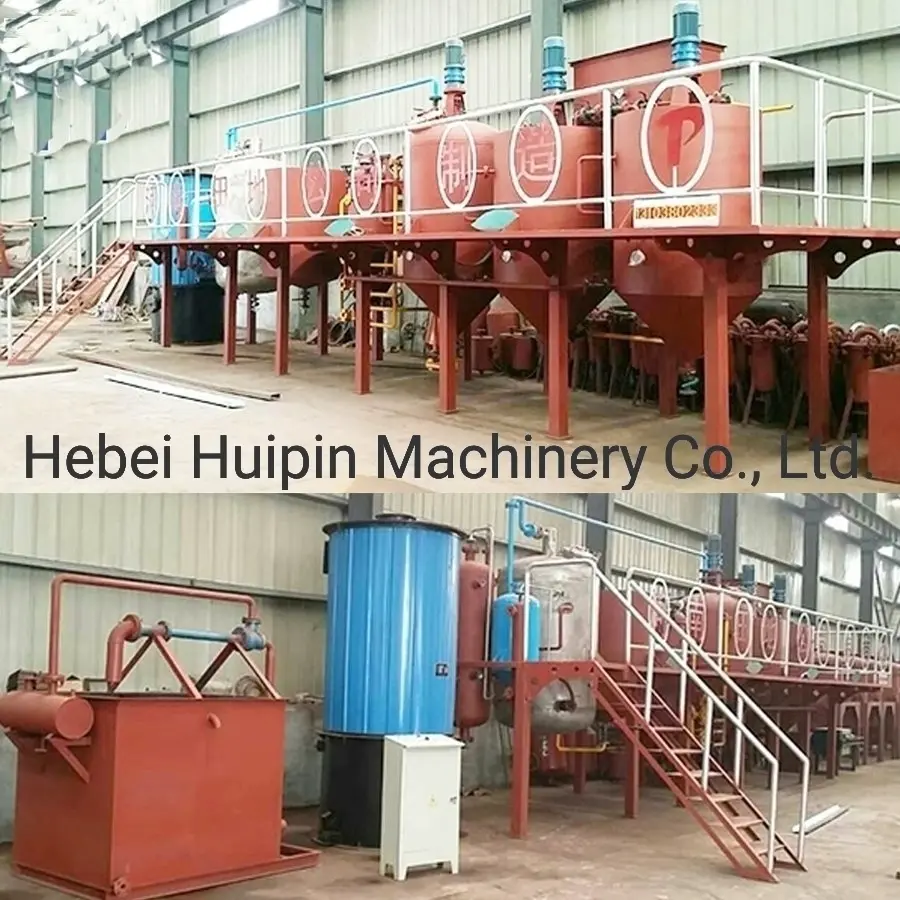дек. . 12, 2024 09:34 Back to list
peanut oil refined unit
Understanding Refined Peanut Oil A Comprehensive Overview
Peanut oil, derived from peanuts and known for its light flavor and high smoke point, is a popular choice in cooking and food preparation. Among its various forms, refined peanut oil stands out due to its advanced processing methods, which enhance its stability, flavor, and overall usability. This article will delve into the significance of refined peanut oil, its production process, advantages, and its diverse applications in culinary practices.
The Production Process of Refined Peanut Oil
Refined peanut oil undergoes several stages of processing to ensure purity and usability. The initial step begins with the extraction of oil from peanuts, which can be achieved through mechanical pressing or solvent extraction. After extraction, the crude oil contains impurities, including free fatty acids, phospholipids, and proteins, which can affect its flavor and quality.
To refine peanut oil, several processes are employed
1. Degumming This step removes phospholipids and impurities by treating the oil with water or acid. 2. Neutralization The oil is treated with an alkaline solution to neutralize free fatty acids, helping in improving its flavor and stability.
4. Deodorization The final stage involves heating the oil under vacuum, which removes volatile compounds responsible for odor and flavor. This makes refined peanut oil taste neutral and improves its storage life.
The result of these processes is a high-quality cooking oil that not only retains the nutritional benefits of peanuts but also features a longer shelf life and enhanced flavor.
peanut oil refined unit

Advantages of Refined Peanut Oil
One of the most compelling advantages of refined peanut oil is its high smoke point, typically ranging from 450°F (232°C) to 460°F (238°C). This characteristic makes it particularly suitable for frying and sautéing, as it allows for the preparation of crispy and flavorful dishes without the risk of the oil burning or producing harmful compounds.
Additionally, refined peanut oil has a neutral taste, making it an excellent choice for a variety of recipes where a strong oil flavor is not desired. This versatility is crucial in both home cooking and professional kitchens, where consistency in flavor is key.
Nutritionally, refined peanut oil is rich in monounsaturated fats, particularly oleic acid, which is known for its heart-healthy benefits. It also contains vitamin E, an antioxidant that can contribute to overall health. A balanced consumption of refined peanut oil can support a healthy diet when used as part of a larger array of fats and oils.
Culinary Applications
Refined peanut oil is widely used in various culinary applications. Its high smoke point makes it ideal for deep-frying foods such as chicken, vegetables, and donuts, providing a crispy texture without imparting a strong flavor. It is also a popular choice for stir-frying and sautéing, particularly in Asian cuisines, due to its ability to withstand high temperatures.
Beyond cooking, refined peanut oil is often used in salad dressings, marinades, and sauces, contributing a subtle richness to dishes without overwhelming other flavors. Moreover, its stability makes it a preferred choice for food manufacturers who require a reliable oil for processed foods.
Conclusion
Refined peanut oil is a remarkable ingredient that offers numerous benefits for cooking and food preparation. Through a meticulous production process, it achieves a high level of purity, stability, and versatility, catering to a wide range of culinary needs. Whether you are a home cook or a professional chef, incorporating refined peanut oil into your pantry can enhance your cooking experience, allowing you to create delicious and healthy dishes with ease. As the popularity of peanut oil continues to grow, understanding its characteristics and applications will enable you to make informed choices in the kitchen.
-
Sunflower Oil Seed Press Machine - High Efficiency, Durable & Cost-effective Extraction
NewsJun.24,2025
-
High-Efficiency Physical Oil Refining Unit - Leading Exporters & Trusted Companies
NewsJun.10,2025
-
High-Efficiency Animal Oil Refining Machine - Leading Exporters & Reliable Companies
NewsJun.10,2025
-
Camellia Oil Mill Machine for Efficient Oil Extraction Leading Exporters & Companies
NewsJun.10,2025
-
Premium Pressing Shaft for Oil Press Machines Exporters
NewsJun.10,2025
-
High-Efficiency Centrifugal Filters Durable Industrial Separation
NewsJun.10,2025
